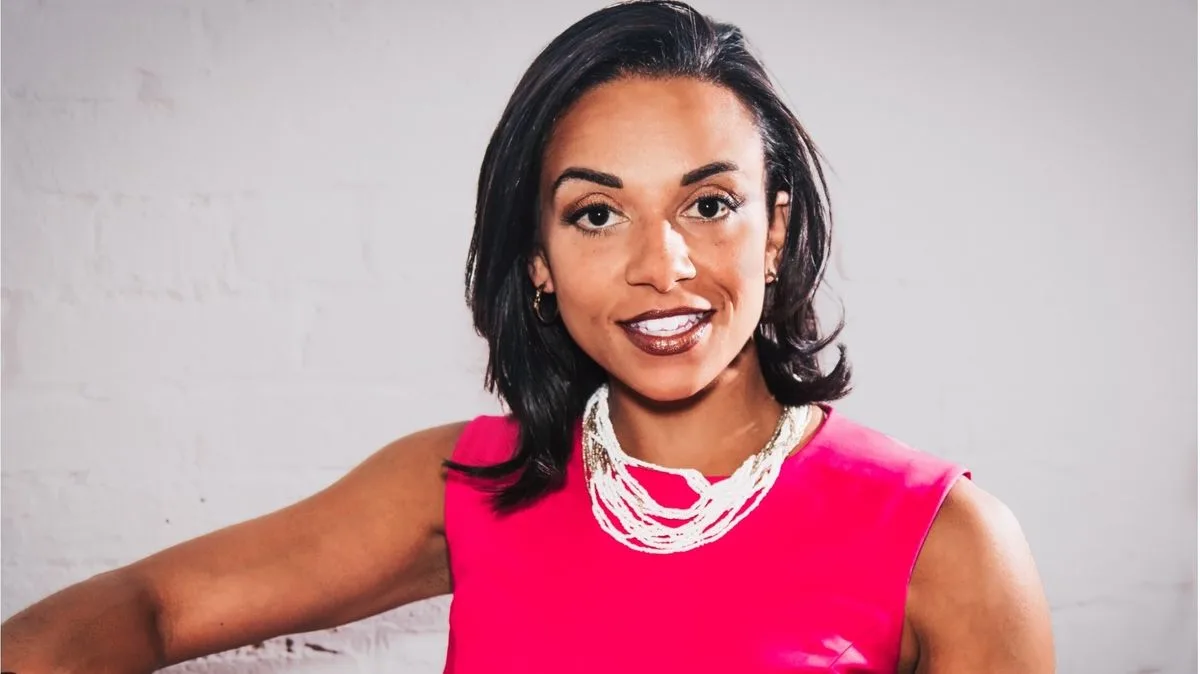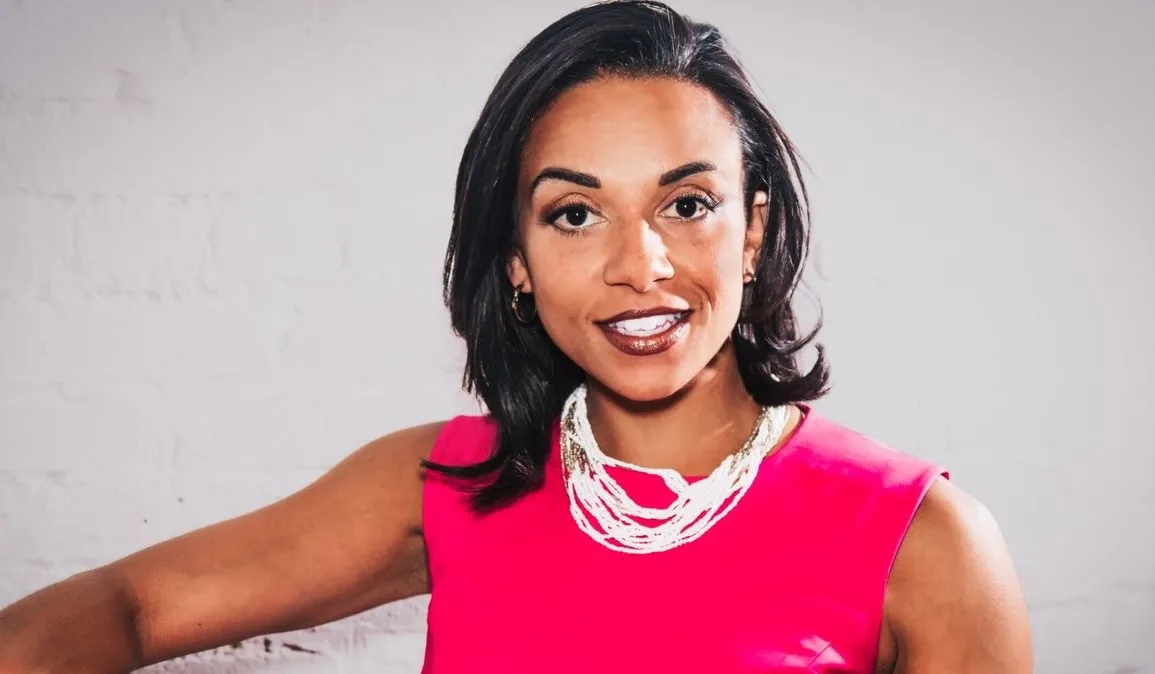
During this year’s Black History Month, PS is paying tribute to Black Health Heroes—a diverse group of professionals, from physicians to doulas, who have made significant strides in advocating for the Black community within their respective healthcare fields. Among these luminaries is Michelle Hope, an educator, activist, and the director of social impact and strategic communications at SIECUS, an organization dedicated to Sex Ed for Social Change.
A Shift in Focus
With over 15 years of experience under her belt, Hope has transitioned her focus from teaching sexual health basics to young people to developing adult content. Her mission? To bridge the gap in sex education and help individuals achieve the healthiest outcomes possible. Hope’s work at SIECUS has allowed her to create a more comprehensive and inclusive approach to sexuality education, one that recognizes the interconnectedness of race and sexuality and the impact of sexology on Black communities.
Sexuality as a Holistic Concept
For Hope, sexuality is not merely about biological safety; it encompasses mental, spiritual, and emotional well-being. This holistic perspective has informed her work in marginalized communities, where she has witnessed firsthand the far-reaching effects of sexuality on people’s lives. Her dedication to the field is evident in her admiration for Dr. Joyce Elders, the first Black woman to serve as surgeon general, and in her poignant memory of mentoring a pregnant 14-year-old through high school and into college.
The Importance of Black Representation in Sex Education
Hope emphasizes the importance of Black folks working in the field of sex education, as issues such as abortion, STI rates, HIV infections, and other social problems disproportionately affect communities of color. By addressing these topics head-on and fostering open dialogues about sexuality, Hope aims to empower individuals and promote overall well-being.
In a world where discussions about sex and politics, reproductive rights, and healthcare access are often intertwined, Hope underscores the importance of balancing the focus on pleasure with the fight for these fundamental rights. As she continues her work at SIECUS, Hope remains committed to advocating for comprehensive sexuality education that acknowledges and addresses the unique needs and experiences of the Black community.
As Black History Month comes to a close, it is essential to recognize the contributions of individuals like Michelle Hope, whose tireless efforts have paved the way for a more inclusive and equitable approach to sexual health education. Their work serves as a reminder that the pursuit of well-being is a multifaceted journey, one that requires not only medical knowledge but also an understanding of the social, cultural, and political forces that shape our lives.
By honoring these Black Health Heroes, we not only celebrate their achievements but also affirm our commitment to building a healthier, more just world for all. In the words of Michelle Hope, “Sexuality is a powerful force, and it’s up to us to harness that power for the greater good.”


